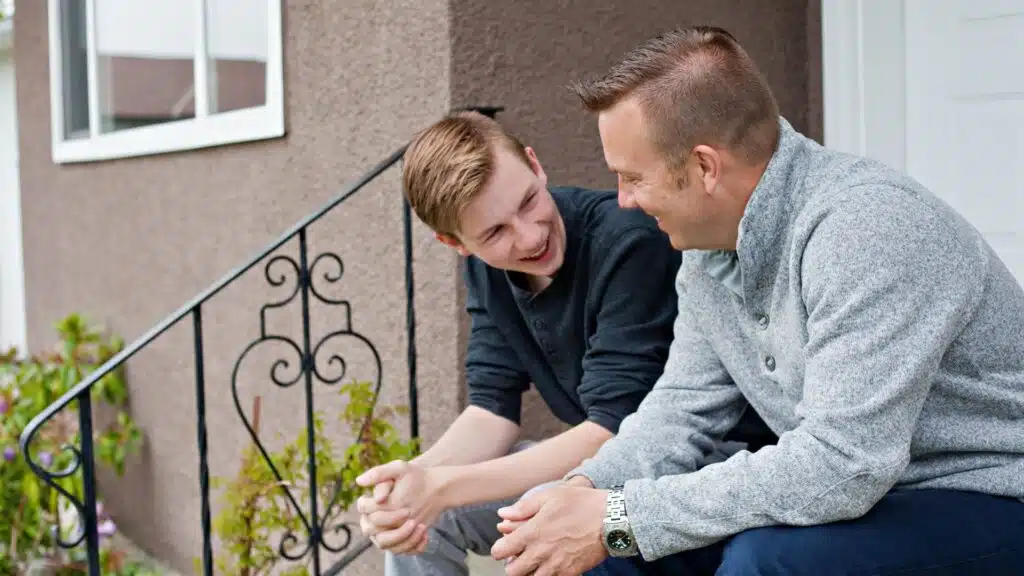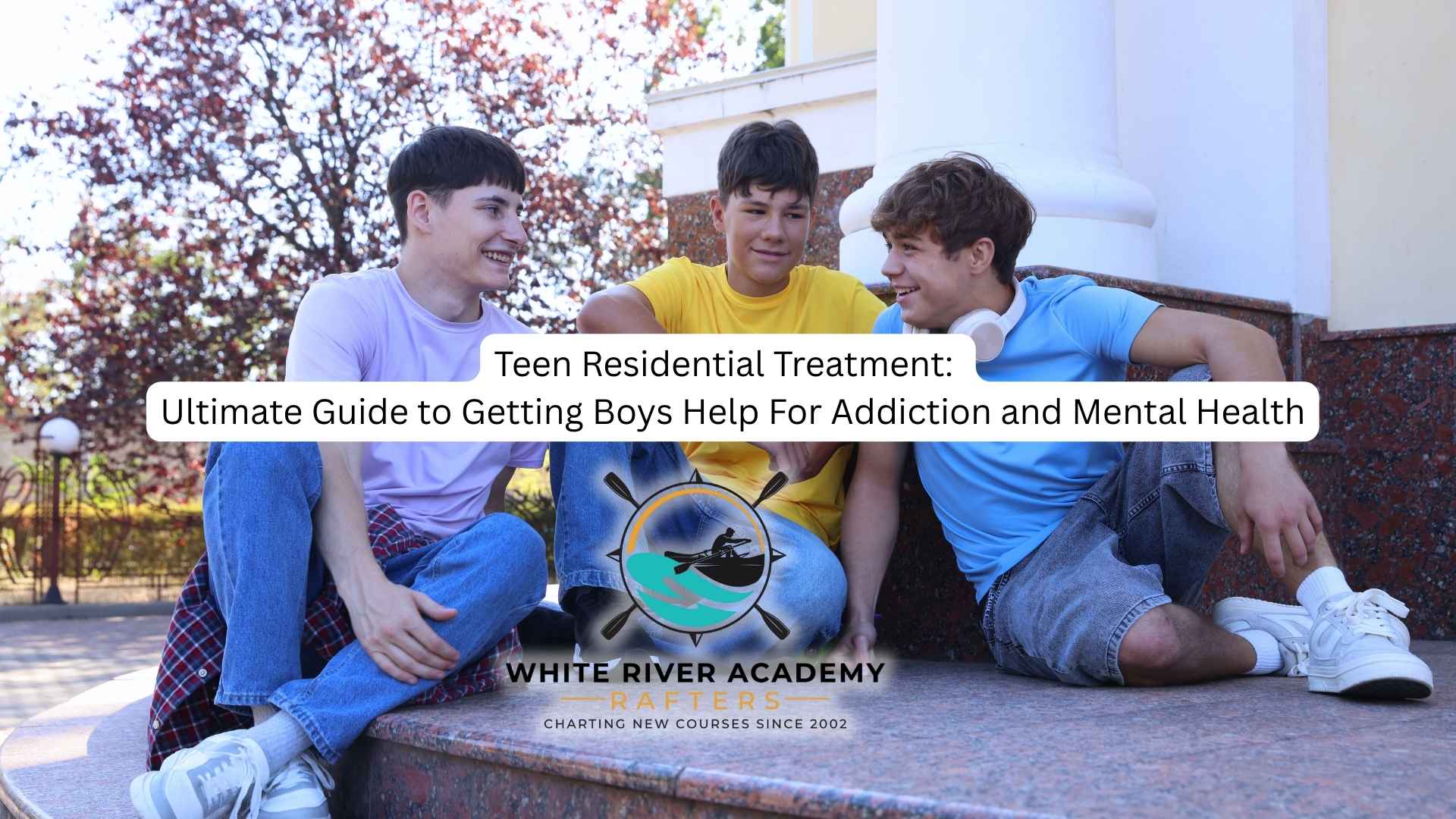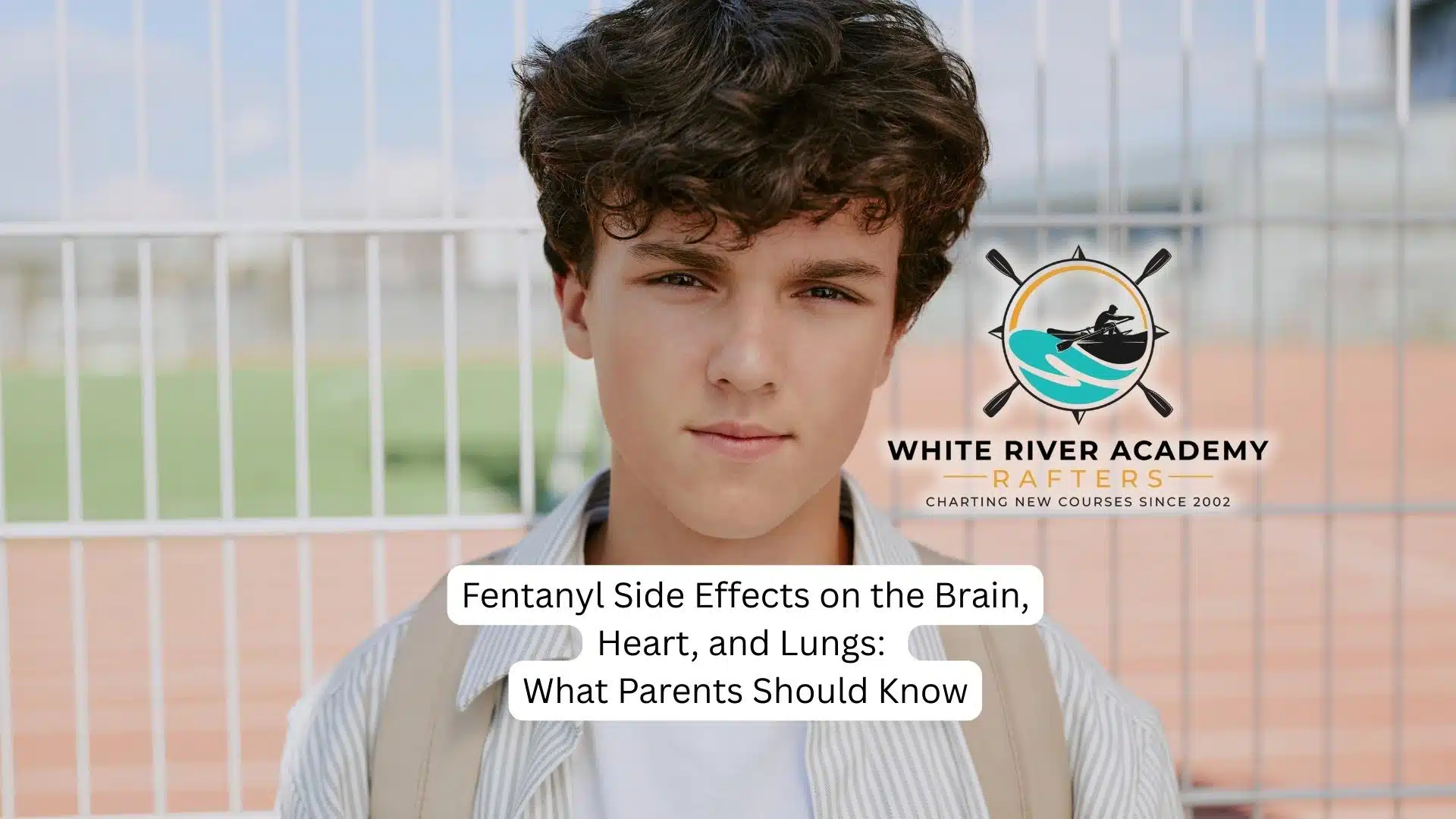Some parents notice their teenage son losing interest in academics, friendships, or hobbies that once brought enjoyment. While occasional mood changes are a normal part of adolescence, persistent indifference may indicate underlying challenges. Teen apathy can sometimes be linked to different reasons and concerns that require closer attention.
This article examines the signs, possible causes, and strategies for addressing teen apathy, as well as guidance on when it may be appropriate to seek professional support.
Recognizing the Warning Signs of Teen Apathy
A teen’s “I don’t care” attitude isn’t always just normal moodiness. In some cases, it may point to deeper emotional or mental health struggles. Here are three key signs to watch for:
1. Withdrawal from Activities
If your teenager no longer shows interest in friends, sports, or hobbies they once enjoyed, it could signal more than just changing interests. Social withdrawal is often one of the earliest indicators of emotional distress.
2. Academic Decline
A sudden drop in grades, incomplete assignments, or lack of motivation toward schoolwork may reflect underlying stress, anxiety, or depression. Consistent academic decline is a common red flag for parents.
3. Changes in Sleep Patterns
Both excessive sleep and ongoing insomnia are warning signs that shouldn’t be overlooked. Disrupted sleep often goes hand in hand with emotional and psychological difficulties.
These behaviors, when combined with ongoing boredom or indifference, may also point to specific mental health conditions like depression.
Common Causes Behind Your Teenager’s Indifference
- Academic Pressures: Heavy workloads, high expectations, and fear of failure can lead teens to withdraw instead of confronting stress directly.
- Social and Peer Struggles: Difficulties with friendships, bullying, or social anxiety may cause a teen to appear detached as a way of protecting themselves from rejection.
- Mental Health Conditions: Depression and anxiety affect approximately one in five adolescents and often present as boredom, loss of interest, or lack of motivation.
- Family Changes: Divorce, relocation, or shifting family dynamics can disrupt a teen’s sense of stability, sometimes leading to emotional withdrawal.
- Neurodivergence: Teens with ADHD, autism, or other neurodevelopmental differences may process emotions differently, and what looks like apathy could be difficulty expressing or regulating feelings.
In many cases, what seems like indifference is actually a coping mechanism—a way for teens to shield themselves from stress, pressure, or emotions they cannot yet put into words.
When these challenges persist and significantly interfere with daily life, structured support such as counseling and especially therapeutic programs for troubled teens may provide the stability and guidance they need to move forward.

The Difference Between Normal Teen Behavior and Concerning Apathy
It is important to distinguish between normal adolescent changes and worrisome apathy. Temporary mood swings, occasional withdrawal, or shifting interests are part of healthy development.
However, ongoing detachment that consistently affects academics, social life, and emotional well-being suggests a deeper issue. Unlike ordinary teenage ups and downs, apathy is marked by prolonged disengagement and significant behavioral shifts.
How to Talk to Your Apathetic Teen Properly
Communication plays a central role in addressing apathy. Choose calm, low-pressure moments to start conversations, ideally during shared activities. Use neutral observations instead of accusations, listen without interruption, and validate your teen’s feelings even if you do not fully agree.
Asking open-ended questions fosters more meaningful dialogue, while avoiding lectures helps keep trust intact. Together, set small, manageable steps toward re-engagement while maintaining steady household routines that provide structure and security.
Practical Strategies to Rekindle Your Teen’s Motivation
Restoring motivation is a gradual process. Encourage your teen to set small, achievable goals in areas they once enjoyed, as even minor successes can rebuild confidence. Reinforcing regular routines, including consistent sleep, healthy meals, and physical activity, nurtures both physical and mental well-being, which are crucial for motivation.
Involve them in decision-making to promote autonomy and ownership over their progress. Creating opportunities for positive social interaction through sports, arts, volunteering, or clubs—can help them discover new interests and passions.
Parents can also model resilience by demonstrating constructive coping strategies. These steady, supportive measures help teens gradually reconnect with their interests and responsibilities.
Final Thoughts from White River Academy
You’re not alone in feeling worried when your son seems to care about nothing. While you can’t force motivation, you can create an environment that encourages it through patience, open communication, and consistent support. If your efforts aren’t enough and apathy continues to interfere with his life, professional guidance can make a significant difference.
At White River Academy, we offer a structured residential therapeutic program in Utah designed to help troubled teen boys overcome behavioral, emotional, and academic challenges. Our comprehensive approach emphasizes personal growth, self-esteem building, and the development of essential life skills in a safe and supportive environment.




